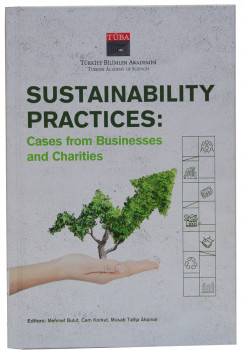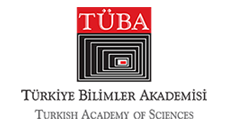Nurturing Waqf For The Social Business Of Faith-Based Organization: Case Study Of Muhammadiyah Indonesia

Nurturing Waqf For The Social Business Of Faith-Based Organization: Case Study Of Muhammadiyah Indonesia
This article aims to analyze how waqf -a non-profit institution- is managed for profit orientation by one of the waqf agencies, namely Muhammadiyah Indonesia, which represents an entity of the Muslim community. A qualitative and quantitative approach was applied in primary data collection from two waqf information management systems belonging to Muhammadiyah (SIMAM) and the Indonesian Ministry of Religious Affairs (SIWAK), also an interview with the waqf manager of Muhammadiyah. There are the following conclusions after calculating the economic valuation of waqf land properties and their governance by one of Muhammadiyah's educational institutions, namely Muhammadiyah Boarding School. First, the potential of waqf land managed by Muhammadiyah in Yogyakarta can be seen from its economic valuation, approximately IDR 916.7 billion. Second, the Muhammadiyah waqf intensification carried out by its social business units in various socio-economic sectors creates benefits whose impact is not only limited to the scope of the social business itself but also extends to the entire Muslim community and becomes an intermediary of realizing socio-economic autonomy of this faith-based organization. Third, the Muhammadiyah waqf intensification impacts not only the sustainability of the waqf assets and properties but also the sustainability of Muhammadiyah and the Muslim community.
